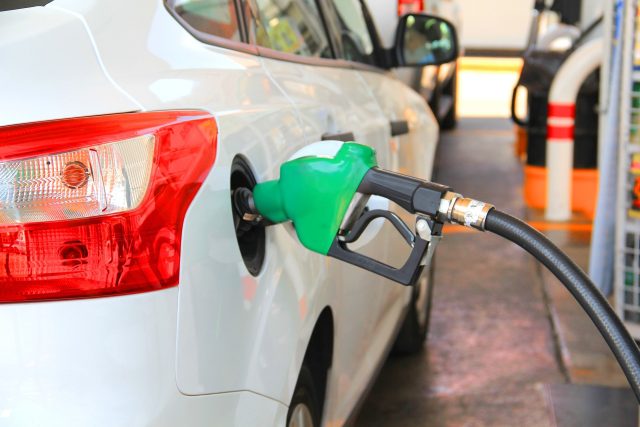
The New Rules, Foreseen by the EU, Worry the Car Market
From 1 July 2025, new rules linked to the Euro7 standards on emission limits for cars and vans will be in force, while, for heavy vehicles, the new rules will be in force from 2027. According to Brussels, public and private transport must be “drastically less polluting” starting from the next few years. Among the most relevant features of the changes that will be implemented, the elimination of the differences, currently envisaged, between vehicles powered by petrol, diesel, electricity or other fuels, setting equal limits for all categories.
The planned tightening aims to significantly improve the monitoring of polluting emissions harmful to the atmosphere, even for vehicles considered to be new generation for which, up to now, the restrictions have been less severe. In the case of automobiles or any other means of locomotion which does not envisage internal combustion and which, therefore, is powered by electricity or similar systems, the emission control will take place in relation to the particulate matter, which is very harmful, caused by the use of the brakes and the consumption of the vehicle perishable materials.
The limits that will be modified will not concern the release of carbon dioxide into the atmosphere also because, in recent weeks, the European Union has already decided, with the “Fit for 55” package, to completely eliminate the production of Co2 for cars and vans by 2035. In this year, the sale of combustion vehicles will be definitively interrupted. The EU’s intention, however, is to allow vehicles that comply with Euro7 standards to upgrade over a longer period than expected for 2035, so as to also limit the economic impact on secondhand market.
Although the European Commission and Thierry Breton, Commissioner for the Single Market, have estimated an economic impact of the new regulations, relatively limited and a very high environmental benefit, the Association of European Builders (Acea) has expressed perplexity about the planned changes, defined by the president Oliver Zipse (also CEO of BMW) insufficient in relation to an excessive increase in vehicle costs which will inevitably penalize the entire European car market. Joining the concerns related to the Euro7 standards, also Clepa, the Association of Components Companies in Europe, highlighted problems relating to the timing for the adjustment, defined as prohibitive, and those on the feasibility, both technical and, precisely, economic.
The paradox of the new regulations, in fact, will force many manufacturers, especially of heavy vehicles, to shift again many of the loans already allocated for the construction of new generation and mainly electric vehicles, towards the adaptation of combustion vehicles that will have to abide by rules that are defined not necessary, given the irreversible transition already underway. Industry experts hope that the EU will rethink the changes so that all energies can be channeled towards the construction of non-endothermic vehicles, on which most European manufacturing companies are already working hard, without continuing to tighten the rules on emissions of traditionally fueled vehicles that are already suffering a sharp drop in sales.
The Euro7 package will still have to be subjected to the usual Community authorization process, which provides for analysis by the European Parliament and the European Council, before being executive. The number of standards to be changed in the field of harmful emissions is putting car manufacturers throughout Europe in great difficulty, already forced to modernize entire production structures to adapt them to the envisaged ecological transition. Political leaders are called to greater responsibility towards the automotive sector, already so affected by the crisis linked to the unavailability of components registered in recent months of strong geo-political instability.
Alessandro Fiorentino



 Subscribe
Subscribe